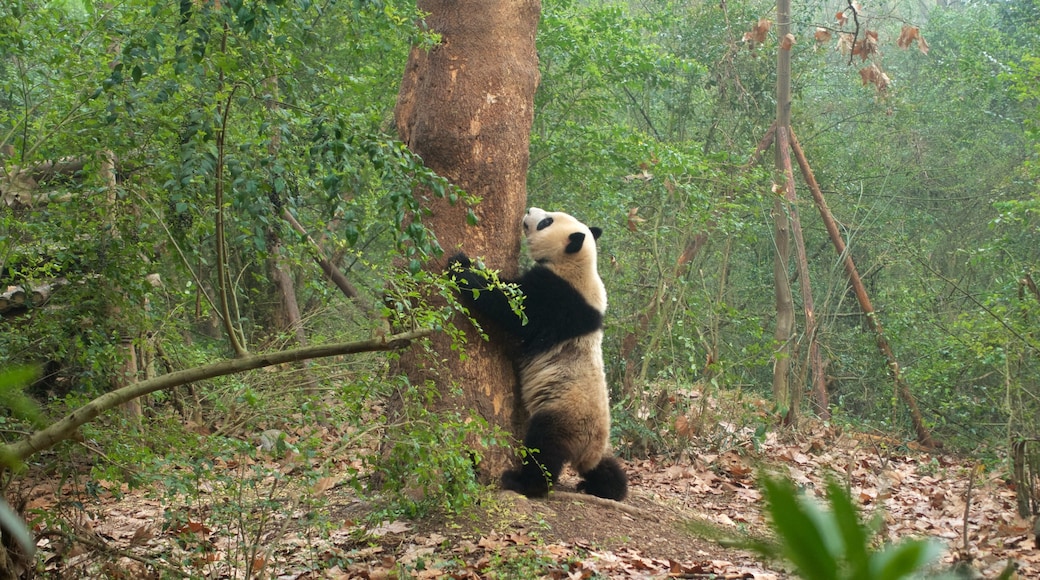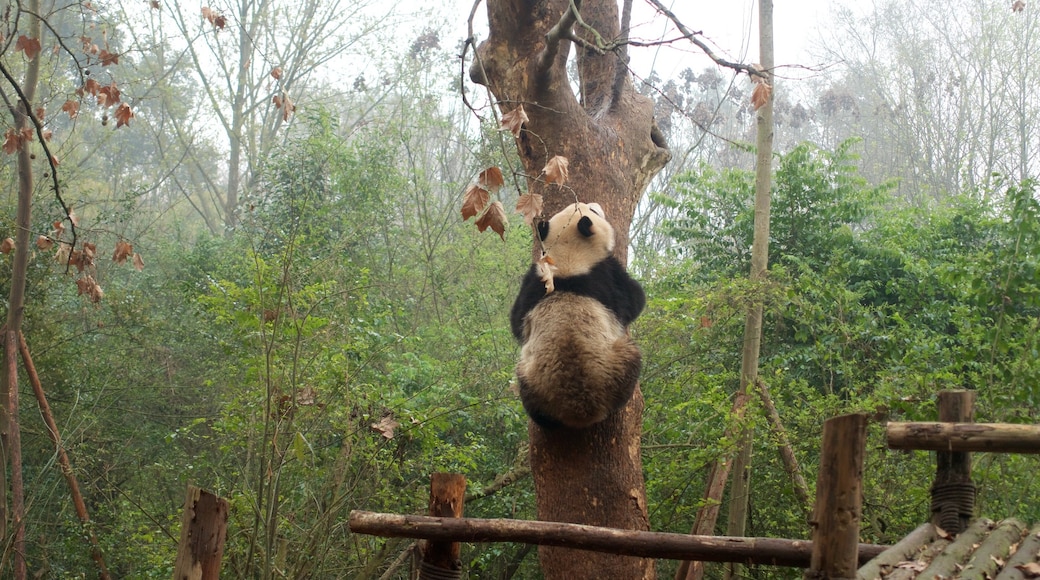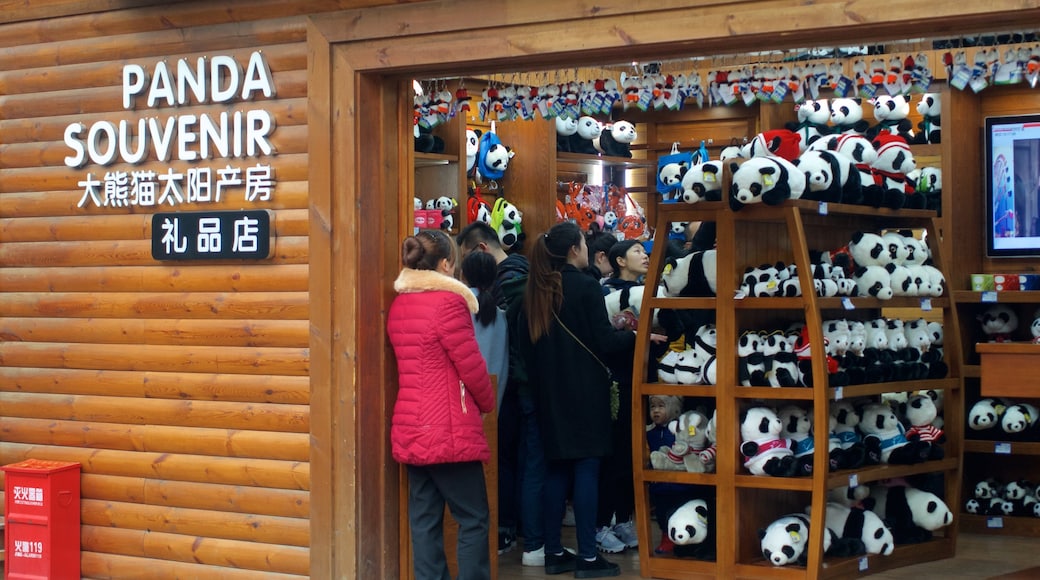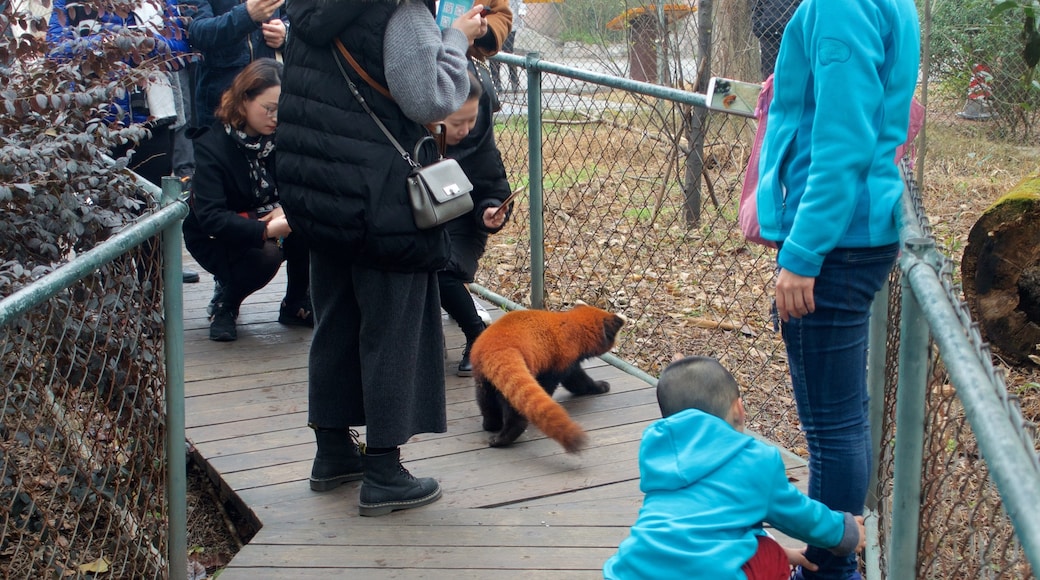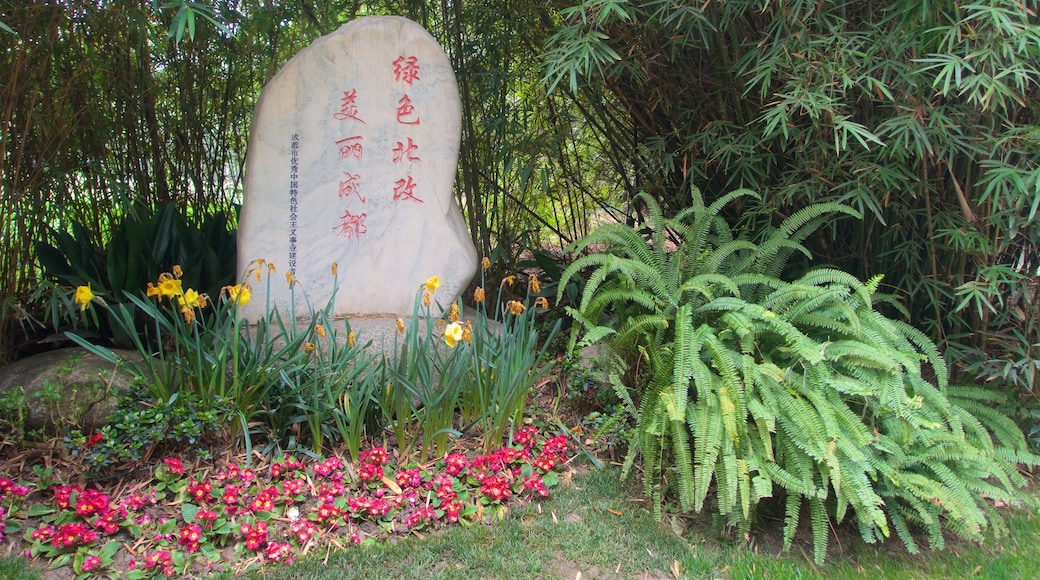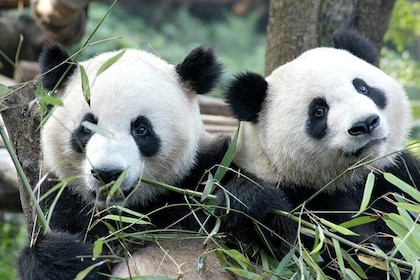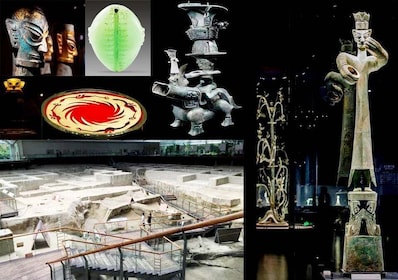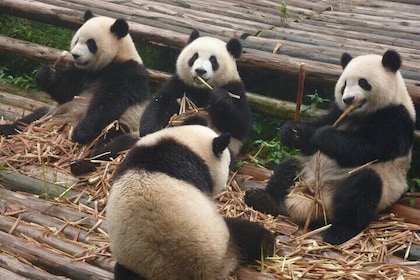The Chengdu Research Base of Giant Panda Breeding is a state-of-the-art facility in Chengdu which is at the forefront of China’s efforts to conserve the Giant Panda. Visit this special place, not just to understand the complexities involved in such a project, but to meet curious and playful pandas of all ages.
There are some 120 giant pandas and 76 red pandas living at the research base. Get there early in order to see them being fed. Watch as they tussle and tumble for food and chew happily on bamboo. By the afternoon, it not uncommon to find the pandas snoozing away.
Watch as the pandas clamber up trees, roll around in play with each other and “help” their keepers with chores. They are affectionate and lovable animals and it is no surprise that they are so dearly loved throughout China and the world. The young panda enclosure is always an entertaining place to position yourself as these toddlers learn the ways of the world. Tiny pink newborn pandas are born in autumn or winter and you might be lucky enough to see them in their incubators in the nursery.
Wander through the beautiful landscape of the park. Bamboo forests, rocks, caves and plant pits create authentic environments for the pandas and attract other visitors such as birds, insects and butterflies. English-speaking guides offer thorough tours of the base and provide a deeper understanding of the giant pandas and flora and fauna of the park.
The Chengdu Research Base of Giant Panda Breeding is located 6 miles (10 kilometers) north of the center of Chengdu on the Futou Mountain. The center is a popular tourist destination and as such has good public bus connections to the capital. It is an easy daytrip, but leave early for the best chance of seeing the pandas in action. Feeding time is at 8 a.m. The fee to get into the park goes towards further conservation efforts.
